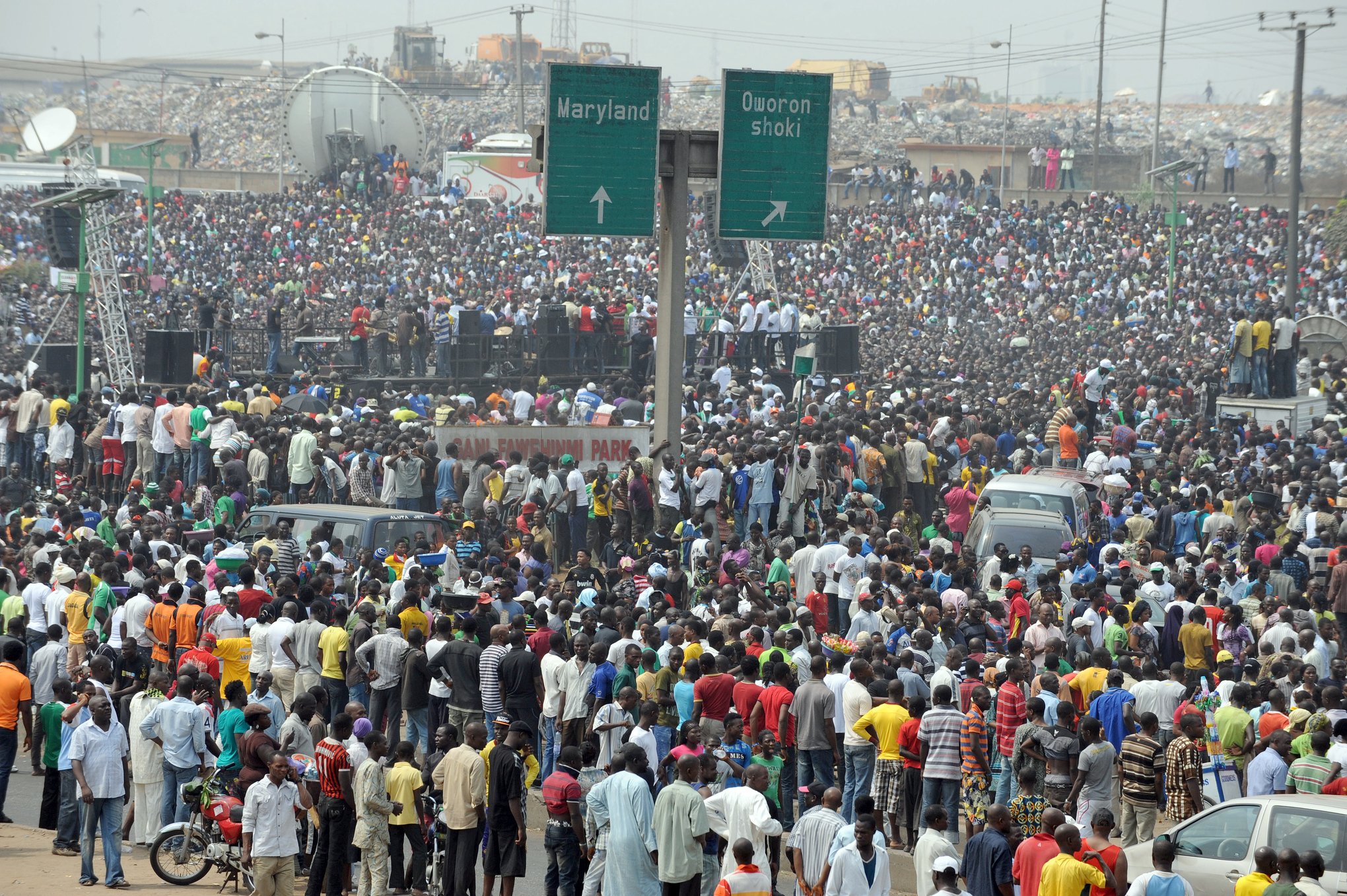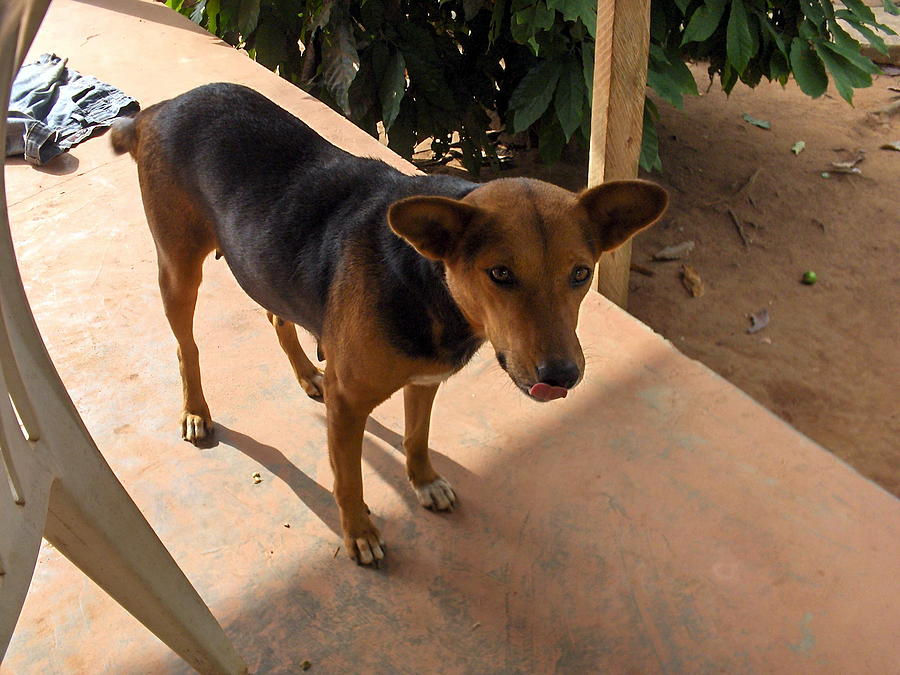In reaction to my recent piece titled: “We kill militants but in vain,” a reader, Oris Obelikpeyah, wrote in as follows: “…In addition to all you wrote about, there’s the problem of an alarming rate of increase in child birth that tilts in favour of the poor, the destitute and unemployed Nigerians, as well as refugees who sojourn in our cities…Those who hawk are homeless and jobless in our urban areas and are easily impregnated. They give birth to another generation of poor, homeless, ignorant and jobless children. It is an endless circle of poverty, which stirs us in the face…”
Nothing could have put this issue over which I have ruminated for a while more succinctly. I have also always thought that a good place to start is to interrogate the population figures that we bandy around.
Depending on who you ask and which side of the bed they wake up from, the population of Nigeria is currently put at anything between 160 million and 187 million. The last headcount in the nation was 10 years ago. And that national census, which did not pass without controversies hinged on ethnic suspicions, put the country’s population at over 140 million. Nigeria was scheduled to hold another census this year, but it is as clear as crystal that nothing in the like is in the plans of government at the moment.
As a result, all the projections about Nigeria’s population are based on the 140 million posted by the 2006 exercise. But there have been queries, and credible ones at that, about the credibility of that census.
Advertisement
The first discredit to the 2006 census figures came from the Lagos State Government. Apparently to forestall being denied its obvious position as the state with the most population in Nigeria, the leadership of Bola Tinubu chose to conduct a parallel count of its citizens alongside that of the Federal Government.
True to its fears, both initiatives posted results with ridiculously wide margins. While the national census claimed that Lagos was inhabited by 5.686 million people, the locally commissioned process posted a whopping 17,553,924 people! The state government then approached the National Census Tribunal for the nullification of the census in some parts of Lagos. In 2013, the Tribunal punctured the National Population Commission’s report and ordered a fresh census in 14 of the 20 Local Government Areas in the state!
The immediate past Chairman of the NPC, Festus Odimegwu, further debited from the already depleted integrity wallet of national censuses when he dismissed every single headcount that had taken place in the country claiming to be in possession of evidence to that effect. Odimegwu’s comment ruffled more than a few feathers and these feathers, notable of which was former Governor Rabiu Musa Kwankwaso of Kano State did not rest until the former chairman was relieved of his position.
Advertisement
But Odimegwu did not say anything that honest Nigerians could not have easily testified to. It is just that the country is not blessed with much honesty in high office, such that the most important decisions of our lives are taken without due consideration to the realities of the people.
Concerning censuses, communities all over Nigeria manipulate figures in anticipatory counteraction of the fabrications from other parts of the country. At the end of the day, we arrive at figures that are anything but authentic. If we take the discrepancy between the two numbers generated from Lagos for instance, it will be very obvious that we have never got it right, not at any time between 1863 when Nigeria had its first census and the last headcount in 2006.
But let us accept the 2016 figure of 140,431,790 for the purpose of this discourse. With that, our population is projected to rise up to about 243 million in 2030. This will make Nigeria the third most populous country in the world following only after India and China in that order.
This increase of over 100 million will result from unchecked high rises in the number of births. Data attributed to the Population Division of the United Nations Department of Economic and Social Affairs and the UN Statistics Division indicate that there are 20,391 live births in Nigeria every day; this implies that about 842 babies are born every hour.
Advertisement
The data also suggests that the dependency ratio in the country is 78 per cent whereas a minute 22 per cent of the population is productive. Given the current birth rate, the number of people in their productive years is expected to increase exponentially in the next 15 years such that the country will have one of the largest populations of young people on the planet.
How Nigeria plans to gainfully engage this demography is the question that the country does not seem prepared to answer.
At the moment, almost 11 million children are out of school in Nigeria. The educational sector from elementary up to the tertiary is in shambles, informal and vocational education is virtually non-existent while the quality of teaching has continued to sag. The country is also not making any serious attempt to direct the interest of its youth toward science, technical, mathematics and engineering subjects, all which make the future.
The same lacklustre disposition permeates the nation’s health sector such that you can literarily conclude that nothing like a health system exists in Nigeria. There is equally no well-laid out plan for the provision of housing for millions of Nigerians to whom shelter has become an ever present challenge. The country is simply unable to take care of its current population, not to speak of the tens of millions projected for coming years.
Advertisement
Yet, Nigeria makes no attempt to check population growth. We just live for the now without sparing much thought for the future of the country. As China, India and even Ghana attempted at some point in their history, one would expect that Nigeria would, by itself, take control of its destiny and create a measure of population control to avoid an explosion and entrench a poverty trap.
Since Ibrahim Babangida proposed the idea of four children per family to Nigerians in the 80s, no attempt, no matter how feeble or unsuccessful it might be, has been made to draw the attention of Nigerians to the relationship that could exist between an unplanned population, poverty, crime and an uncertain future.
Advertisement
So, millions of Nigerian women especially those in the lower rung of society have become baby making machines competing to outdo one another at the venture, which is where the relationship between education, adequate shelter and unbridled population comes to the fore.
While the average educated person plans to have a small family and is aware of family planning options, the poor, the destitute and multitude who succumb to urban migration with make shift housing find good recreation in coitus and feel adequately rewarded by pregnancies and babies that result therefrom. Only an institutional intervention will help here.
Advertisement
This much was alluded to by the Executive Director, United Nations Population Fund, our own Professor Babatunde Osotimehin, when he visited Nigeria a couple of weeks back. Everywhere he went including when he had audience with President Muhammadu Buhari, Osotimehin spoke about the need for Nigeria to urgently plan its population and how this affects national development.
As the Yoruba say, omo bere, osi bere, intemperate procreation can only lead to bottomless poverty. The limited nature of resources has become an increasing global reality and when populations grow without control in the face of unevenly distributed resources, poverty follows like a Siamese twin. Poverty then breeds crimes and conflicts and sometimes, war. Now, Nigeria needs to plan for the future of its generation. This the only way to ensure that, while forward looking nations will have shared prosperity in future, our country does not reap and wallow in the pains of our current improvidence
Advertisement
Views expressed by contributors are strictly personal and not of TheCable.







